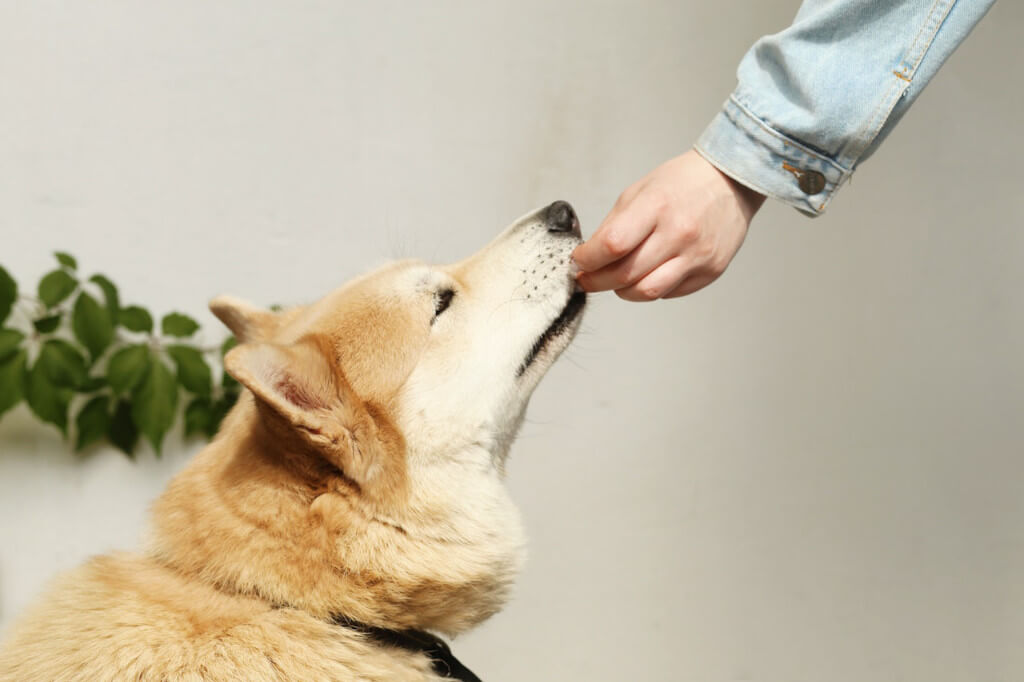Animals that struggle with separation anxiety are typically highly strung when you aren’t with them. As a result, owners frequently return home to find their homes trashed by their pets after being away from them for long periods of time. If it isn’t your furniture, then it’s probably your clothes or your garden, or they’ve learned how to get away from you completely (to get out and go and find you ).
What Can You Do to Help Your Dog Cope With Separation Anxiety if He or She Has It?
You have the option of choosing between two different treatments:
- A Slight Detachment Anxiety
- Separation anxiety ranges from moderate to severe
How to Help A pet Who Has Slight Separation Anxiety
A change in associational behavior might be accomplished by looking for positive aspects of unpleasant experiences and finding ways to enjoy them. It is frequently useful to stuff their favorite treats into a Kong and freeze them first. This works best. Make it a point to remove the Kong as soon as you walk in the door so that they are only able to partake in this so-called “fun” while you are out of the house.
How to Treat Separation Anxiety That Ranges from Mild to Severe
Animals that struggle with a more serious form of separation anxiety will, in most cases, even cease eating when their owners leave the house. Therefore, sweets or food won’t do the trick. At this stage, you and your pet will require the assistance and direction of a professional in order to proceed successfully. This necessitates more resources and expert skills than any other attempt, as it may only have a temporary impact otherwise. It is essential to keep in mind that your dog is constantly observing your behavior because of this.
They are aware that you follow a specific routine, and they can estimate the time that you would be exiting the house based on factors such as your clothes and shoes, make-up, bath, touching the keys, and/or your energy levels.
In the event that this turns out to be a trigger for them, you might want to think about keeping a record of the behavior and movements that do set off the animal. A typical cue is a noise made by your keys, so for the purpose of this illustration, we recommend that you reach for your keys and then proceed to sit down and watch some television. If you alter the prevalent stressors, you may find that your dog becomes less anxious when you genuinely take the keys to leave the house. This is something you should keep an eye out for.
If you own a dog that doesn’t become anxious until after you have already left the house, rather than when you are leaving, you should think about instituting a training routine in which you leave the house for shorter intervals of time in order to teach your dog that you will be back. You should let your dog know where you are going and approximately when you will return. You can never be sure, but it’s possible that they will grasp every single thing you say.
The following are some alternatives that can be considered for the short term:
- Organize a dog-sitter
- Bring your pet along with you to the office.
- Make a reservation at the doggie daycare in your area.
- Take your dog out for a walk or a run to give you both some quality time together.
- Talk to your veterinarian about getting your pet on anti-anxiety medication.
- Enroll in dog training
When You Have a Dog That Suffers From Anxiety Issues, the Absolute Worst Thing You Can Do is Punish It
Once you get your animal into the habit of being punished on a regular basis, you will not only instill in them a greater fear of being left alone, but you will also see an increase in their anxious behavior. The most helpful thing you could do for your animal companion who continues to suffer from separation anxiety is the following:
Put in the effort required to make it work. During this critical phase of your pet’s recovery, we strongly advise that you inquire within your community about the availability of a qualified animal behaviorist who might be able to assist you.
We wish you the best of luck in your quest to find happiness and tranquility in your home.

